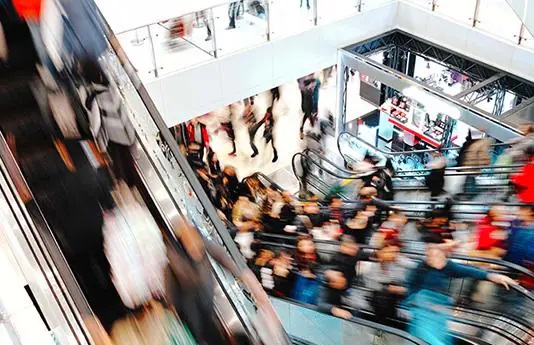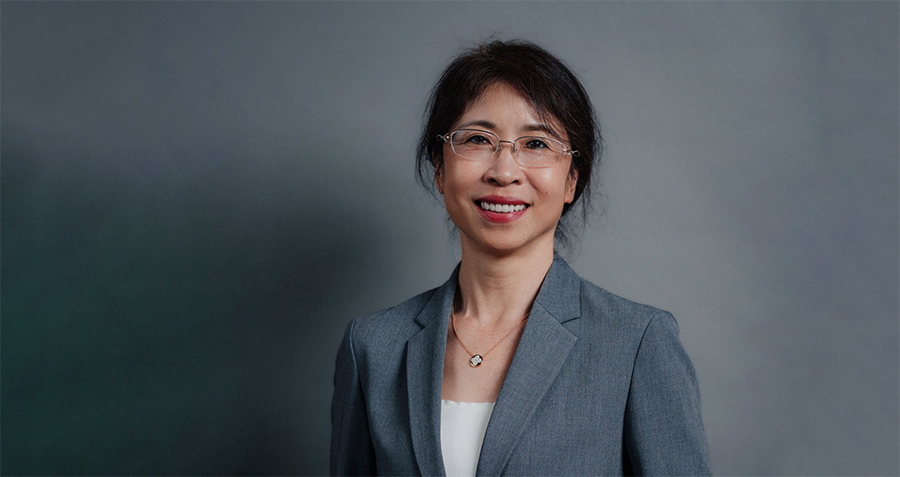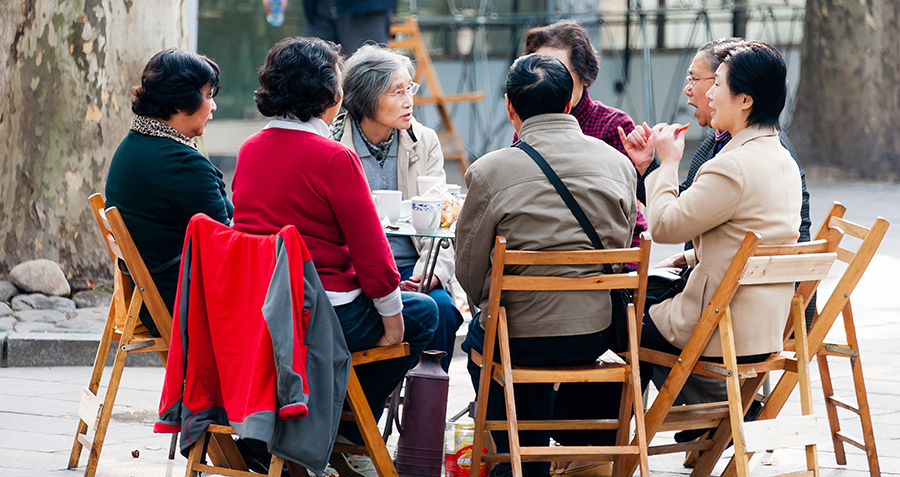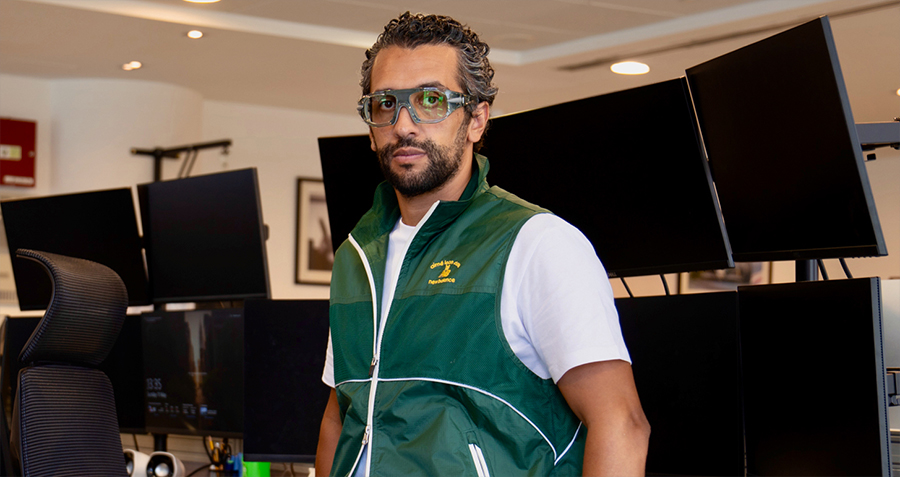“Regardless of the rate of reduction of greenhouse gas emissions, the devastating impacts of global warming will accelerate and become painfully palpable well before 2050. We need a radical transformation and must redefine the way we live and consume.” -Excerpt from the Intergovernmental Panel on Climate Change (June 2021).
For decades, mass consumption has been deeply rooted in people’s minds. It has long been considered a personal achievement. It is now time to change that cultural model, to promote other values and to better inform consumers about their own impact, so that they are empowered to change their consumption habits by consuming less. Consumers can easily feel powerless and overwhelmed. They don’t always have the tools and credible information, or the means, needed to make informed consumption choices that are environmentally responsible. The limited number of virtuous products, their higher price, and the lack of information – such as the absence of ecological labelling, for example – are real obstacles to more responsible consumption. However, we will not be able to make the situation evolve positively and save mankind or this planet without changing our behavior and consumption habits.

There are four items that consumers can reduce in order to reduce greenhouse gases. They are: food, transportation, housing and savings. The average citizen can drastically reduce his/her meat consumption and adopt a vegetable-based diet. Food producers can label food according to environmental footprint, so that consumers are more aware of where it’s coming from. People can abandon driving cars and opt for low-carbon vehicles or public transportation. We can all fly a little less and take vacations closer to home or opting for the train, which is 45 times less impactful than an airplane, or even putting a fee on “frequent flyers”. Homeowners should install renewable energy heating systems, modernize insulation, or upgrade heating and air conditioning systems. The financial sector can invest in more green investments or companies with an emphasis on impact and ESG. We can all get behind new collaborative economic practices, such as renting products, from clothes and tools to cars, or buying second-hand items, so that less waste ends up in landfills.
As for companies, they have the responsibility to design and produce more environmentally friendly products, so that the impact can be amplified millions or even billions of times. This involves changes to production processes, manufacturing, raw and secondary materials, the reorganization of logistics (transportation, distribution, and storage), the relocation of activities, waste recycling and the abandonment of an economic model focused purely on increasing profits.
Between the improvement of air quality and the return of animals to cities and the countryside, the Covid-19 pandemic – despite its devastating human and economic consequences – has changed people’s consciousness. A part of the world’s population has indeed been led to rethink its lifestyles and its relationship with nature. Some new behaviors have evolved in food choices (like shopping closer to home and cooking with the family), in work (like travelling less, slowing down), in leisure (like more outdoor exercise and emphasis on well-being), but also in communication with one’s loved ones or in personal development practices, like online training. This is good news, because for the world to change, everyone must become aware of their actions and implement new habits.
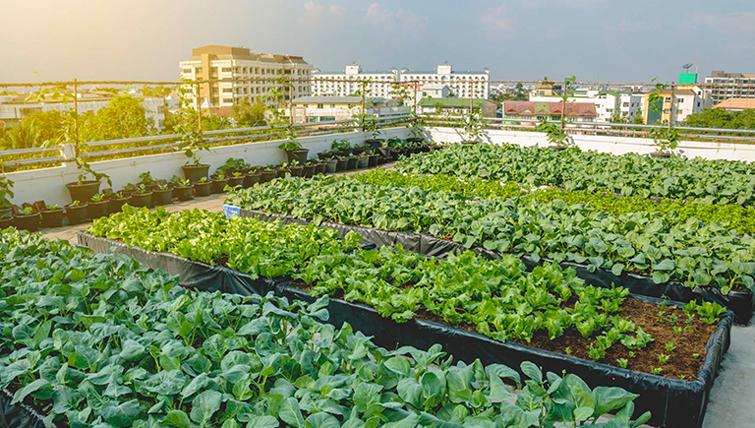
Our external environment is inseparable from our internal environment. In order to change the world, we must change ourselves first. In many parts of the world, people have developed lifestyles that seek happiness by living more simply, buying better and less, with reduced stress and more authenticity. Often times, respecting one’s own inner nature, one’s instinctive, emotional, and intuitive world, are forgotten or devalued in modern society. These are lifestyle choices that challenge the belief – pushed by corporations and advertisers – that the acquisition of consumer goods is a necessary and sufficient condition for happiness. Many people own lots of stuff and yet are unhappy. This is what we call conscious consumption, a way of living that respects one’s own balance and that of the ecosystems.
With this new environmental consciousness that is emerging many are veering farther away from the “all-consumption” mode to create societal movements, like the “Flygskam” or flight shame, an anti-flying movement or the “kopskam” or shame of buying movement, both born in Sweden. Will there be others? We may never know. What we do know is that we’re are at a turning point in humanity, and it is time to enter the era of the consum’actor. Albert Einstein once said, “You will not solve your problems with the same mindset that created them.”
By Nathalie Bastianelli, Founder of ‘WeBelongtoChange’
Nathalie Bastianelli, former CEO of two Havas Media subsidiaries in Beijing and Shanghai, is a committed entrepreneur and lecturer who helps ecosystems to become more sustainable through her consulting company Authentika. Founder of the NGO WeBelongToChange dedicated to promote sustainable innovations and conscious consumption (the eponymous forum in China has been followed live by millions of Chinese internet users). She is now the author of the book “When China Goes Green… – an untold testimony on the Chinese that commit to the planet” (Oct. 2021, English version to come).




